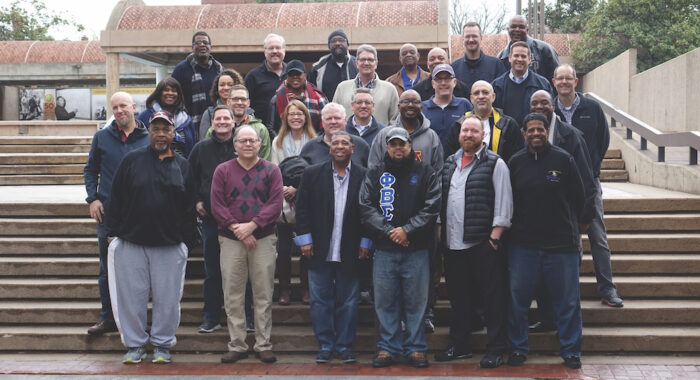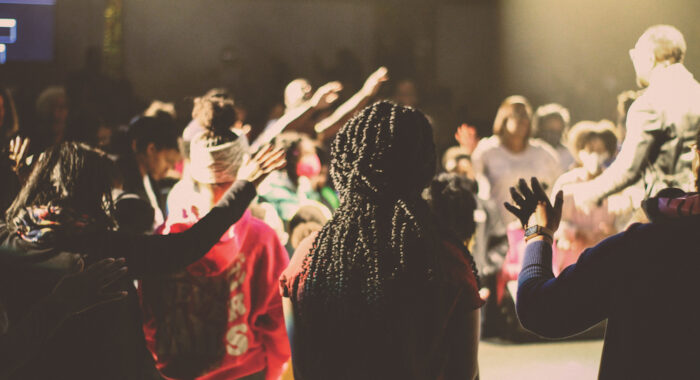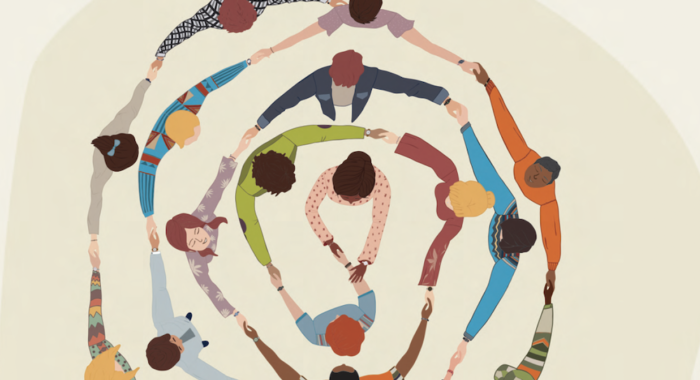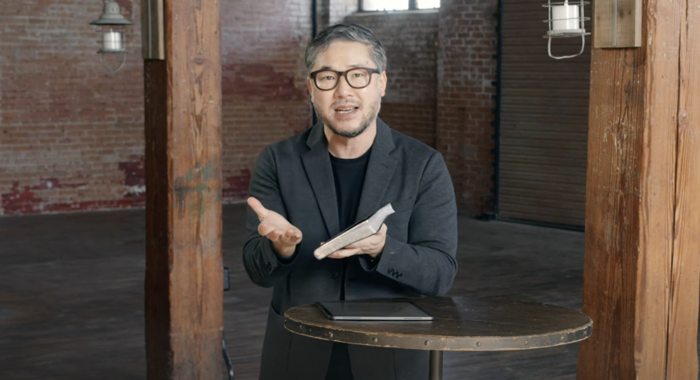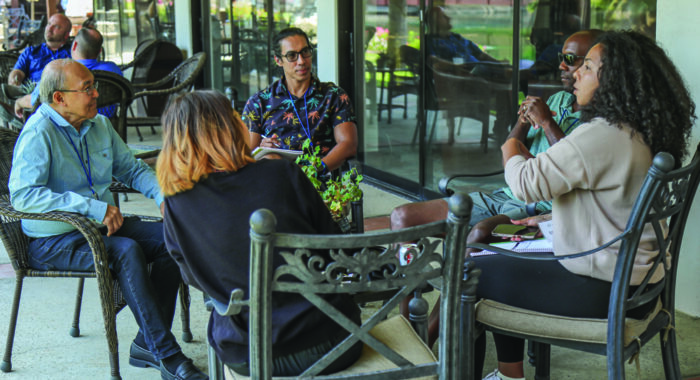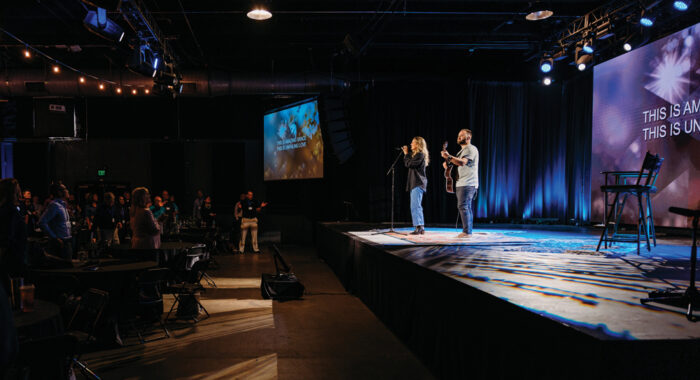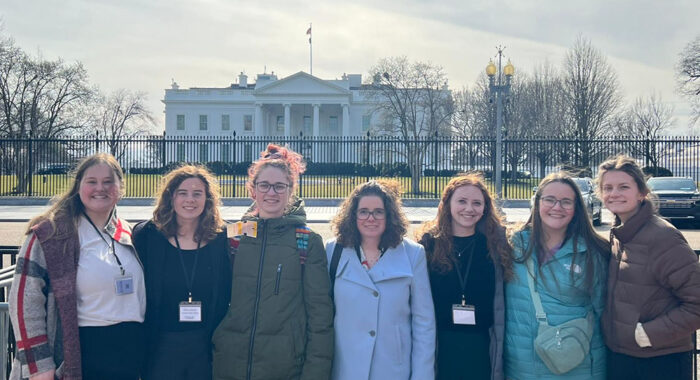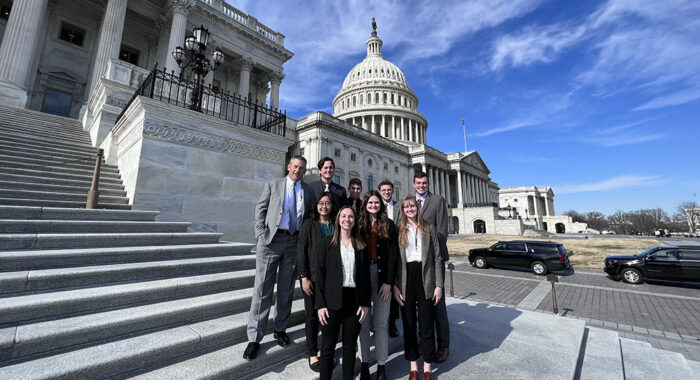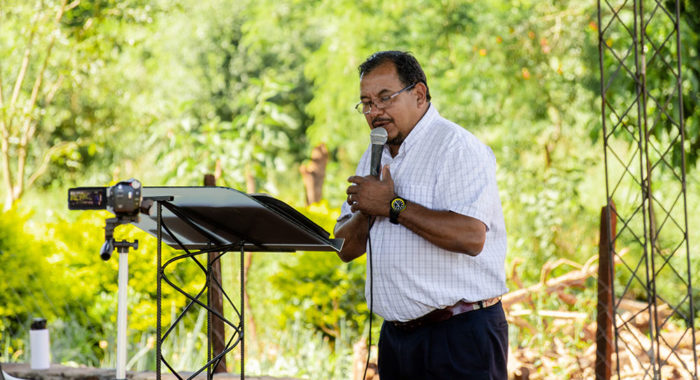When at last the American church shakes off her COVID-induced isolation, will her fellowship improve? Or will we simply see with even more clarity how politics has driven us apart?
Less than a month before the national election in 2016 our church held a congregational forum. Two members — a Republican and a Democrat — shared how they were going to vote and why. They then answered questions from me, each other, and the congregation about their political thinking and what shaped it.
Following my brief talk on turning down political heat at church, we broke into small groups to discuss hot topics. We went home relieved, and happily surprised, that we had been able to talk so honestly and amicably with each other. One participant wrote: “I felt a sense of liberation from the fear of having an open discussion about topics that can often be divisive within the Church.”
The 2016 forum did not happen in a vacuum. We sponsored similar events prior to the national elections every cycle since 2004. For each one we chose the panel participants carefully. They were all people of character and grace with good public standing so as to assure that they would receive a hearing. They were also from inside the church community, so as to avoid the impression that we were “selling” something from outsiders. In no case were they church officers (we sought to keep church power out of the mix). In every case the panelists had, prior to the meeting, shared with each other what they were going to say and prayed together. This arrangement avoided surprises, celebrated their deep unity in Christ, and helped pre-empt the dehumanizing that can happen in political talk.
Our practice has included more than the forums. Bible truth rather than current events has set the agenda for our weekly teaching, reminding us of the high and humbling truths that bind us rather than the lesser truths that divide us. Some prominent humbling truths: our wisdom is finite, our motives are mixed, and our insights are heavily influenced by our own stories and agendas. Some prominent high truths: God is infinitely wise and powerful, he is loving and good, he has walked and suffered among us for our good, and he will one day put everything right. We have found that we are less likely to fight with each other over politics when we are routinely alerted to our fallibilities and comforted by God’s sufficiency and plan.
We have taught a good bit about idolatry. Our stories and agendas, which are so influential in our political behavior and thinking, are themselves influenced by the tendency to make substitute gods out of the good things in life. Because those good things are fragile, easily broken or stolen, they set us up for fear and anger. This happens, for example, when we put too much hope in political solutions or in America as we imagine she once was or hope she might be.
Distinguishing between moral principles and political strategies has proven helpful as we have framed our teaching about public responsibility. The former, which we promote, are the high commands of God: love God with all you’ve got and love your neighbor as yourself. The latter, which we do not champion, are fallible human efforts to nudge the culture in the direction of greater conformity to moral principles.
Take, for example, care for the poor. This we have advocated. But when it has come to the matter of implementation, we have taught that there can be honest disagreement over which public policies are the best. Some say that the preferred strategy is to increase taxes and government spending on behalf of the poor. Others say that government should get out of the way and allow a deregulated economy expand to everyone’s (including the poor’s) benefit.
Distinguishing between principles and strategies has helped us to become a community where we can safely argue with each other over the merits of strategies, because we have chosen not to absolutize them. We are less apt to see the friend with an opposing strategy as the enemy of God, and therefore as our enemy in some essential way. With less at stake, we can keep talking and listening.
We have periodically urged our people to meet for a “political cup of coffee” with someone in the church whose politics differs from theirs. The rules of engagement: Promise to listen rather than argue; keep your promise; look for common ground in moral principle; agree to disagree where you must; pray for one another where you can; celebrate the God who binds you above your differences by taking the Lord’s Supper together as soon as possible.
We will never agree completely on how best to love our neighbors. But we can amicably navigate our differences as we seek to, making of ourselves the sort of community that draws in our friends. So many of them don’t need another intellectual argument; they need a social argument. They need to see love working.
This article originally appeared in Evangelicals magazine.
Charlie Drew founded Emmanuel Presbyterian Church in Manhattan. He pastored for over 30 years before he retired in 2017. He served churches in Long Island, New York and Virginia. Drew is also a published author having written several books, including “Surprised by Community: Republicans and Democrats in the Same Pew.” He consults with the D.C.-based Center for Christian Civics. Drew helps Christians of all political persuasions understand how they can practice servanthood, cooperation and integrity in today’s public square. Drew earned his B.A. from Harvard University and M.Div. from Westminster Theological Seminary in Philadelphia.




 View All Articles
View All Articles 





